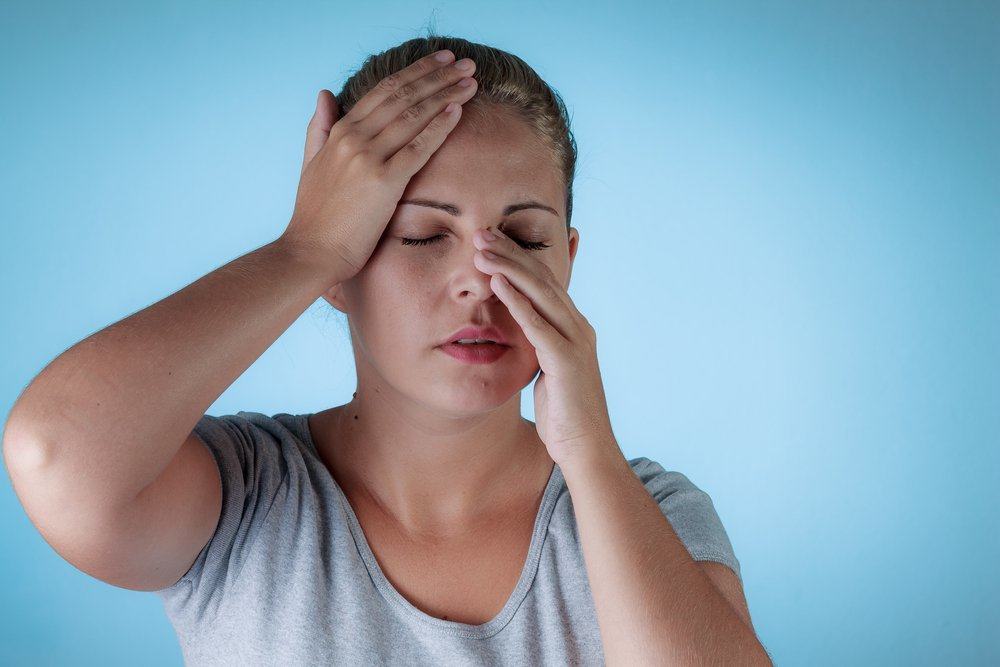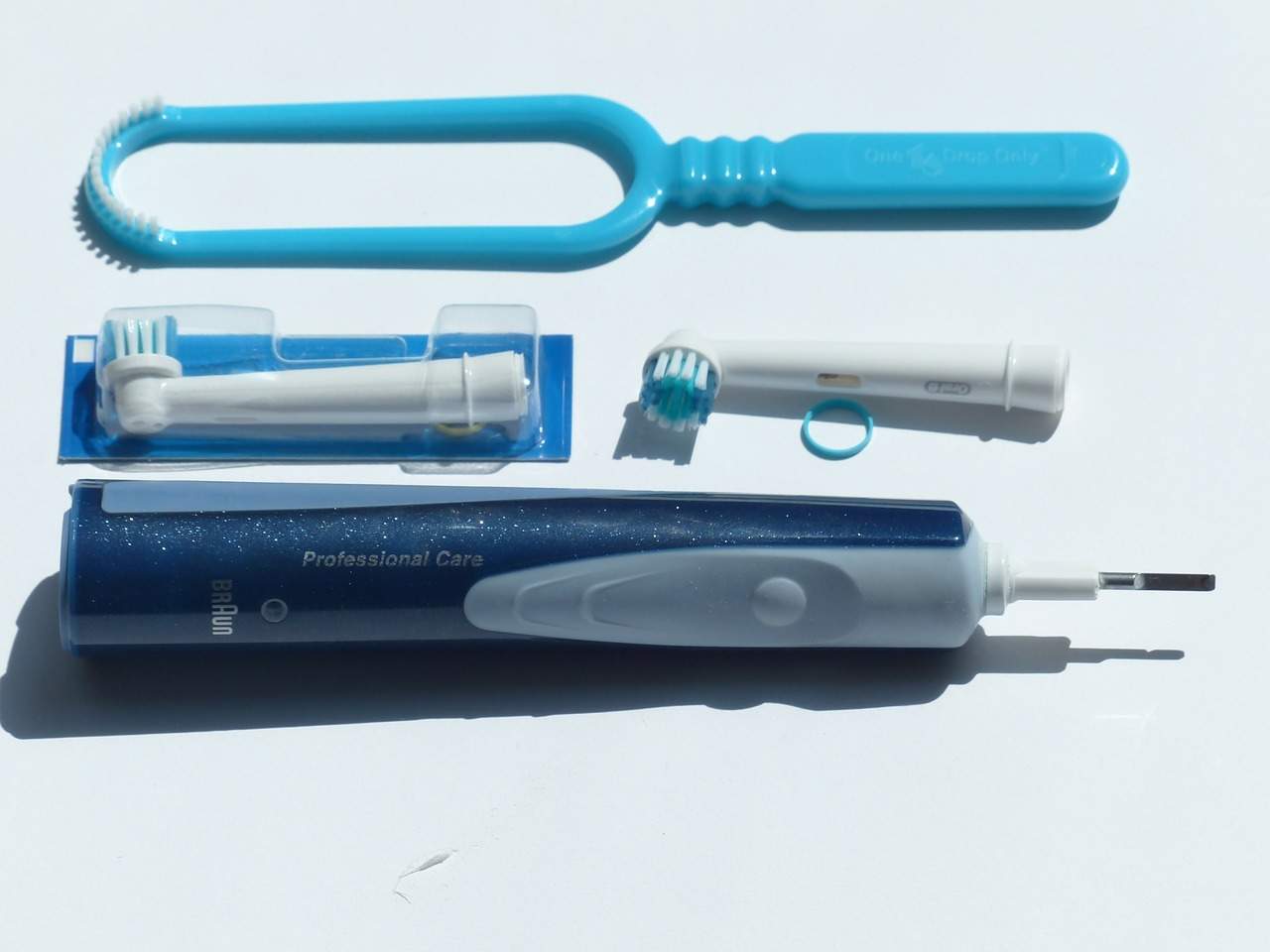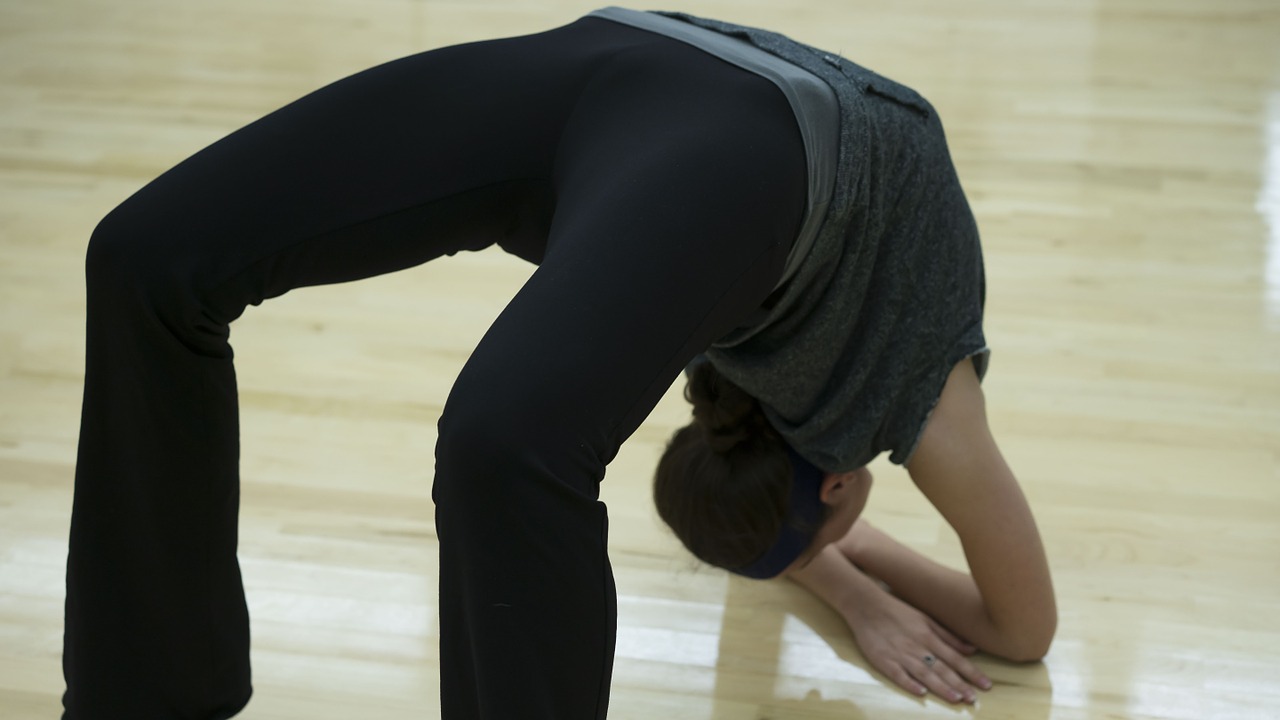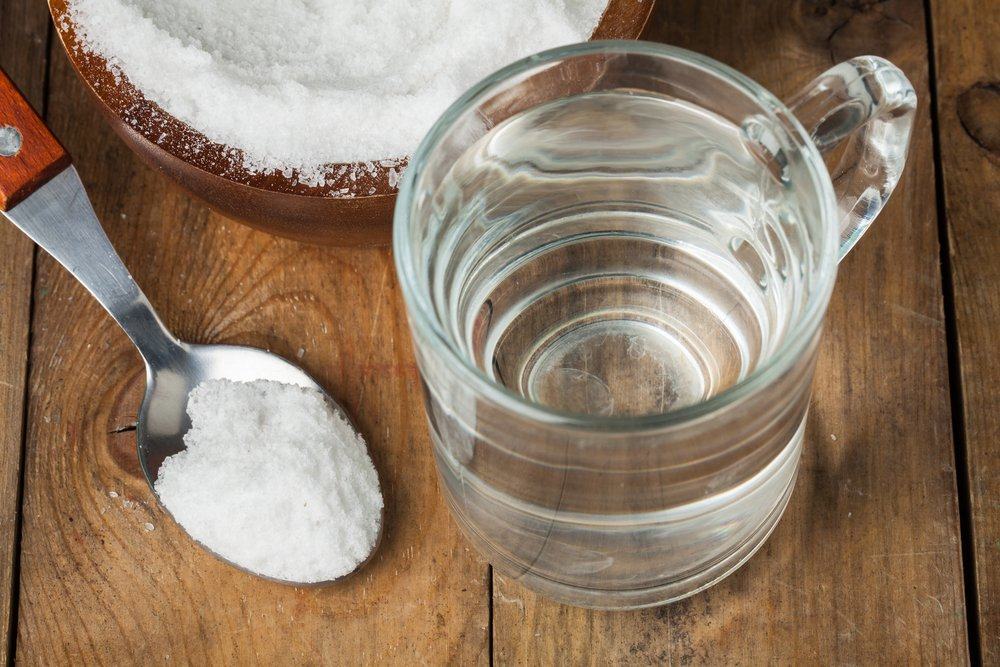Contents:
- Medical Video: How to Treat a Sinus Infection Naturally
- What is sinusitis?
- What are the symptoms of sinusitis?
- Symptoms of acute sinusitis
- Symptoms of chronic sinusitis
- Can we prevent sinusitis?
- What can be done to treat sinusitis at home?
Medical Video: How to Treat a Sinus Infection Naturally
Have you ever had a cold or a stuffy nose that doesn't heal? Be careful that it may be a symptom of sinusitis. Sinusitis can affect anyone, including young children. People who have allergies or weak immune systems are more likely to experience sinusitis.
What is sinusitis?
Sinusitis is inflammation or swelling of the sinus tissue. Sinus is a nasal cavity that contains air behind the facial bone. Sinus has a layer of mucous membrane that produces mucus. This mucus functions to keep the nasal passages moist. In addition, mucus also functions to trap particles of dirt and germs so as not to enter the airway.
Normal sinuses are coated with a thin layer of mucus that can catch dust, germs, or other particles from the air. When the sinuses are blocked, germs can grow and cause infection. Inflammation of the sinuses can be caused by viruses, bacteria, or fungi. People with weakened immune systems, have allergies, asthma, or structural blockages in the nose or sinuses are more likely to experience sinusitis.
Conditions that can cause sinus blockages are:
- Common cold
- Allergic rhinitis, which is inflammation or irritation of the nasal membranes
- Growing polyps on the nose
- Bone abnormalities between the two nasal cavities or the shift of the nasal cavity
What are the symptoms of sinusitis?
Sinusitis can be divided into two types depending on the duration of illness, namely:
Symptoms of acute sinusitis
It usually lasts 4-12 weeks. This disease is usually caused by the common cold that results in viral infections. Often, acute sinusitis can be treated at home, but if it doesn't heal it can develop into serious infections and complications.
When you have acute sinusitis, you can show symptoms, such as:
- Nasal mucus (snot) is green or yellow
- The face feels painful or depressed
- Blocked nose
- The sense of smell deteriorates (it's hard to catch the smell)
- Cough
If you experience two or more of the above symptoms, you may be suffering from acute sinusitis.
In addition, you can also experience:
- Bad breath
- Fatigue
- Tooth ache
Symptoms of chronic sinusitis
This sinusitis usually lasts for more than 12 weeks. This disease is usually caused by infection, the presence of nasal polyps, or bone abnormalities in the nasal cavity. Just like acute sinusitis, you may have difficulty breathing through your nose and experiencing pain in your face and head.
Some of the symptoms of chronic sinusitis are:
- The face feels swollen
- Blocked nose
- The nasal cavity secretes pus
- Fever
- Mucus out of the nose (snot)
You can feel these symptoms for at least 8 weeks. You can also experience:
- Bad breath
- Fatigue
- Tooth ache
- Headache
Can we prevent sinusitis?
There is no definite way you can do to prevent sinusitis. However, there are some things that might help, such as:
- Don't smoke or breathe cigarette smoke
- Wash your hands frequently, especially if you have the flu. Reduce the habit of touching your face with your hands.
- If you have an allergy to something, like dust, try to avoid it. Or, you can use a mask to reduce dust entering your nose.
What can be done to treat sinusitis at home?
Sinusitis that has not reached the chronic stage may be able to treat yourself at home in various ways, including the use of drugs. Some home remedies for sinusitis are:
- Steam inhalation. You can prepare hot water in a large bowl and breathe in the steam coming out of the hot water. This will give a little relief for your airway. This method has not been scientifically proven to cure sinusitis, but may help you a little.
- Cleanse the nasal passages. This method is done by cleaning or rinsing the nose with salt water.
- Compress warm water. You can compress the nose and around your nose with warm water. This can relieve some of the symptoms of sinusitis.
- Sleep with your head lifted. You can use several pillows to support your head higher than usual during sleep. This can reduce the amount of pressure around the sinuses and reduce pain discomfort.
- Take tablet decongestant medicine. This drug can reduce swelling and help reduce blockages in the sinuses.
- Use decongestant spray. Has the same benefits as decongestant tablets. However, prolonged use (more than 1 week) can actually cause a blockage in the sinus to get worse.
If you have done home remedies as above but do not go away after one week or even get worse, you should consult your doctor immediately.
READ ALSO
- How to Differentiate Common Flu and Sinusitis
- 7 Foods that Are Good for the Flu
- Why should you take antibiotics until it's finished?












